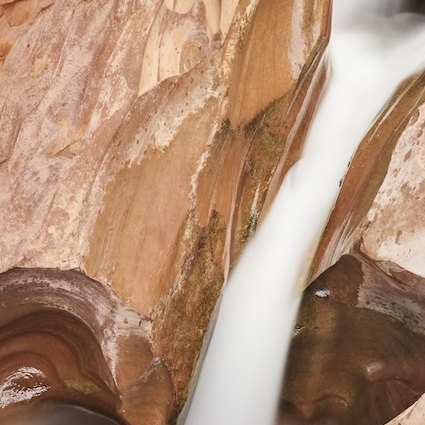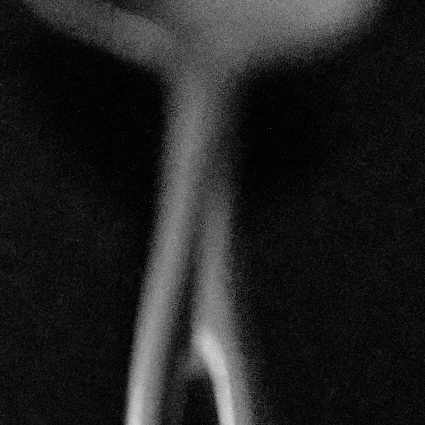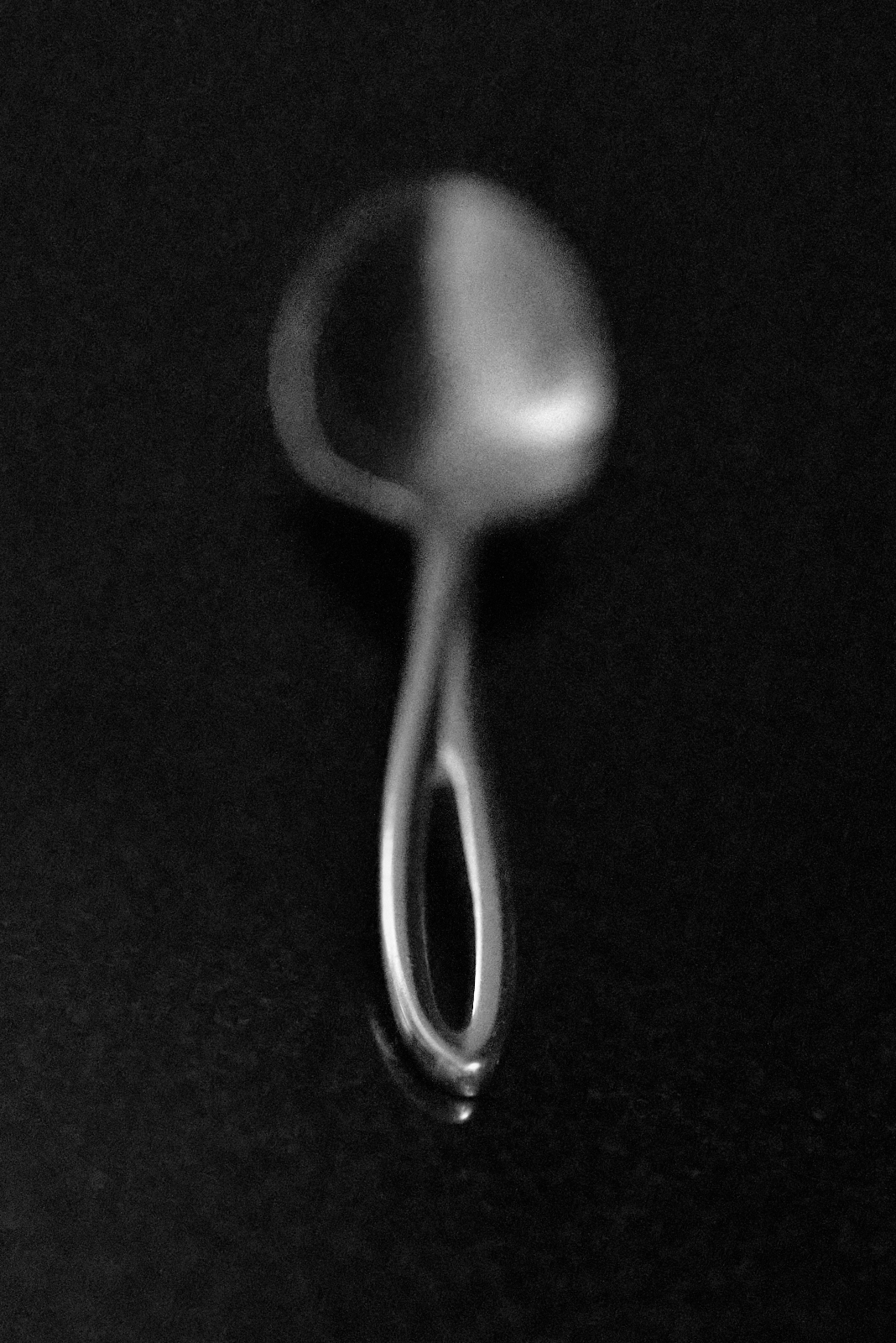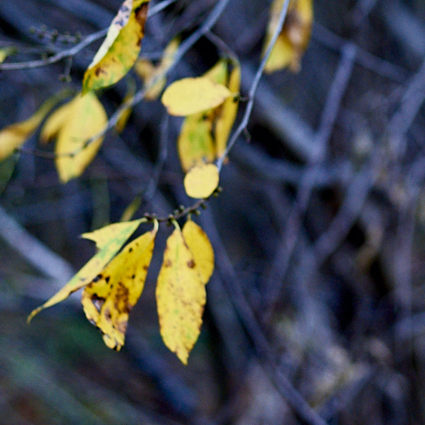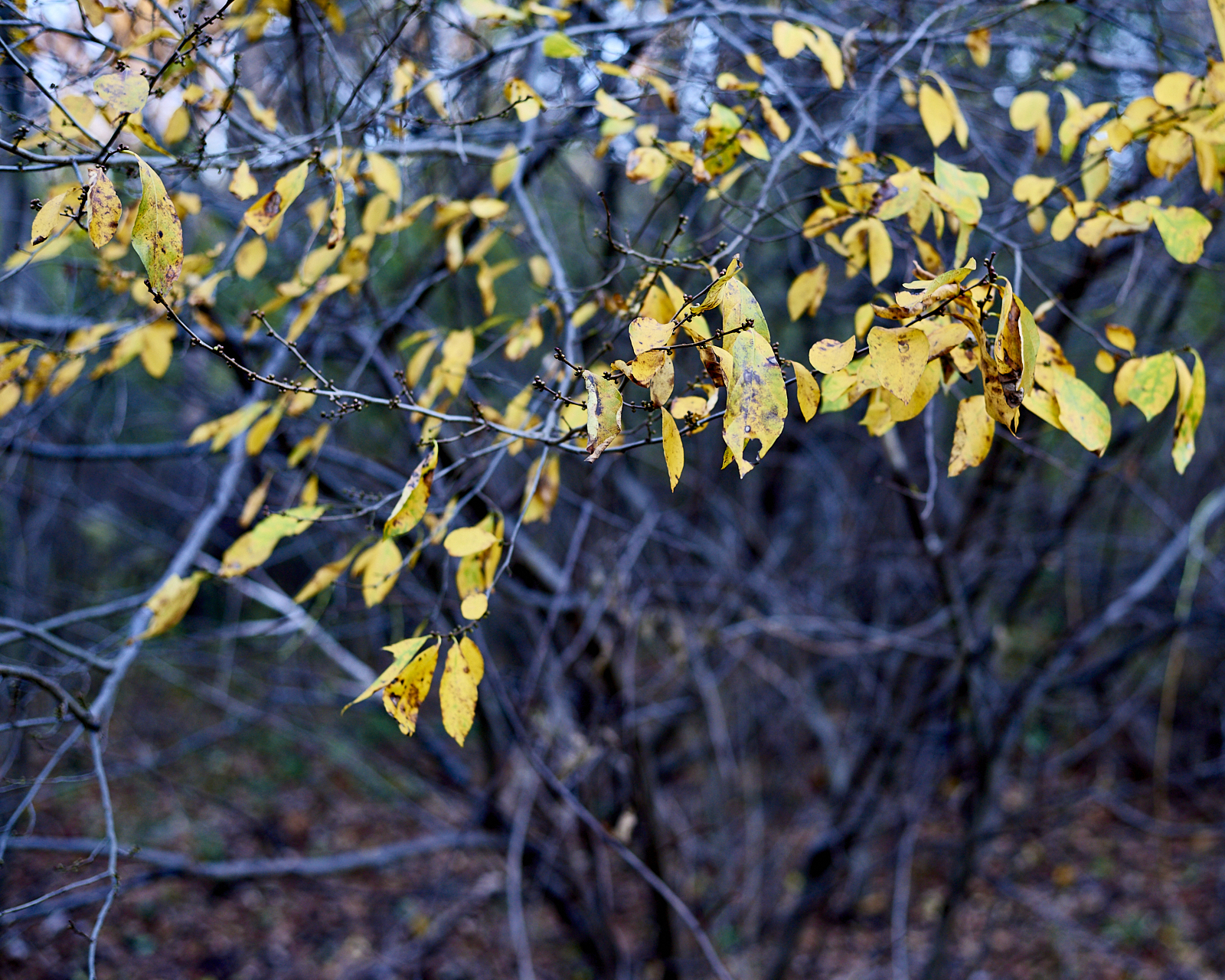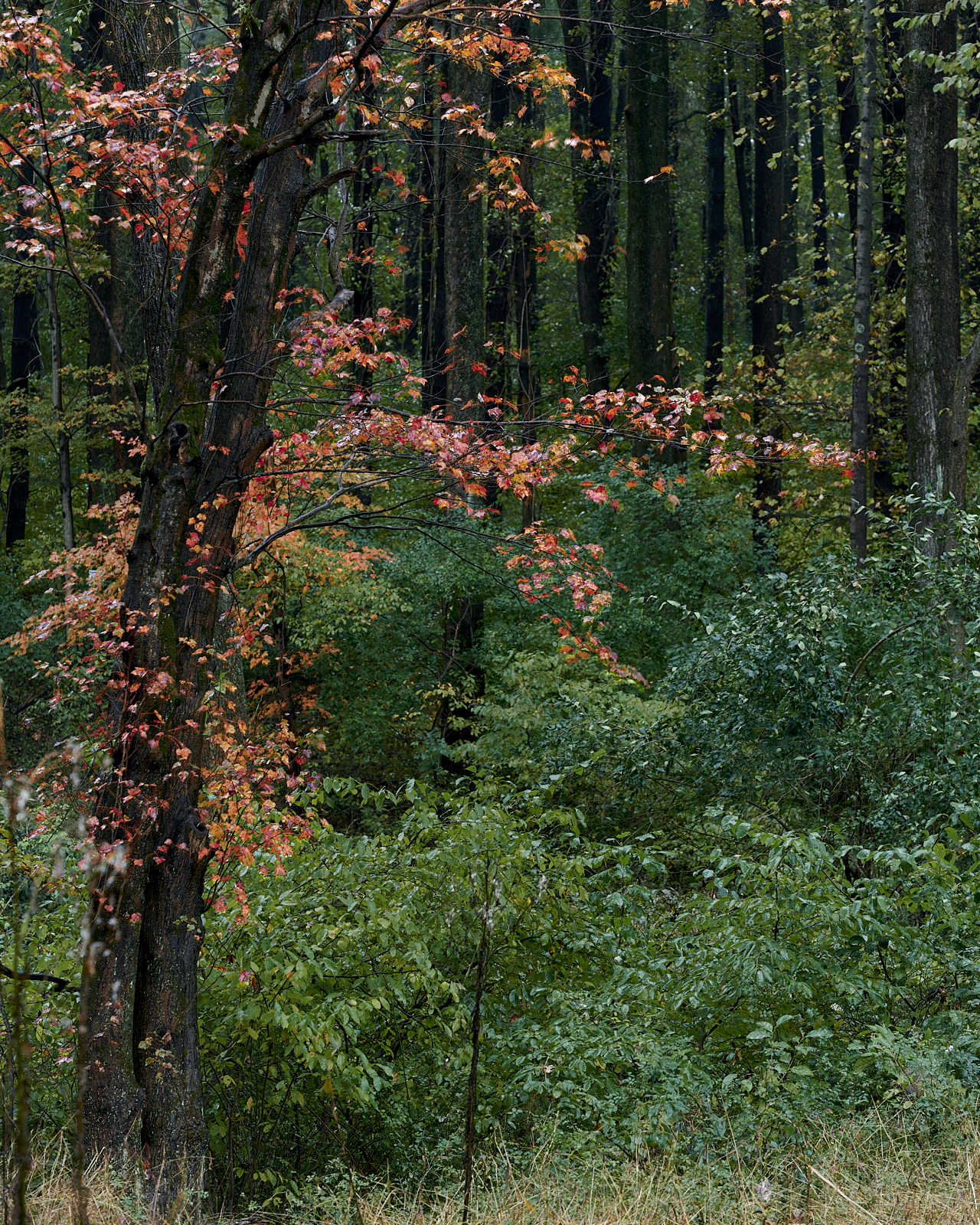Thumbing through a couple books recently — one a collection of photographs, one a book on improving your photographic skills – made something clear: Photographers commonly feel compelled to draw attention to their cameras and their camera settings, whether or not that information serves any purpose. I remain amused by photographers’ obsession with equipment; it reminds me of the ways cyclists sit around and talk about bicycles.
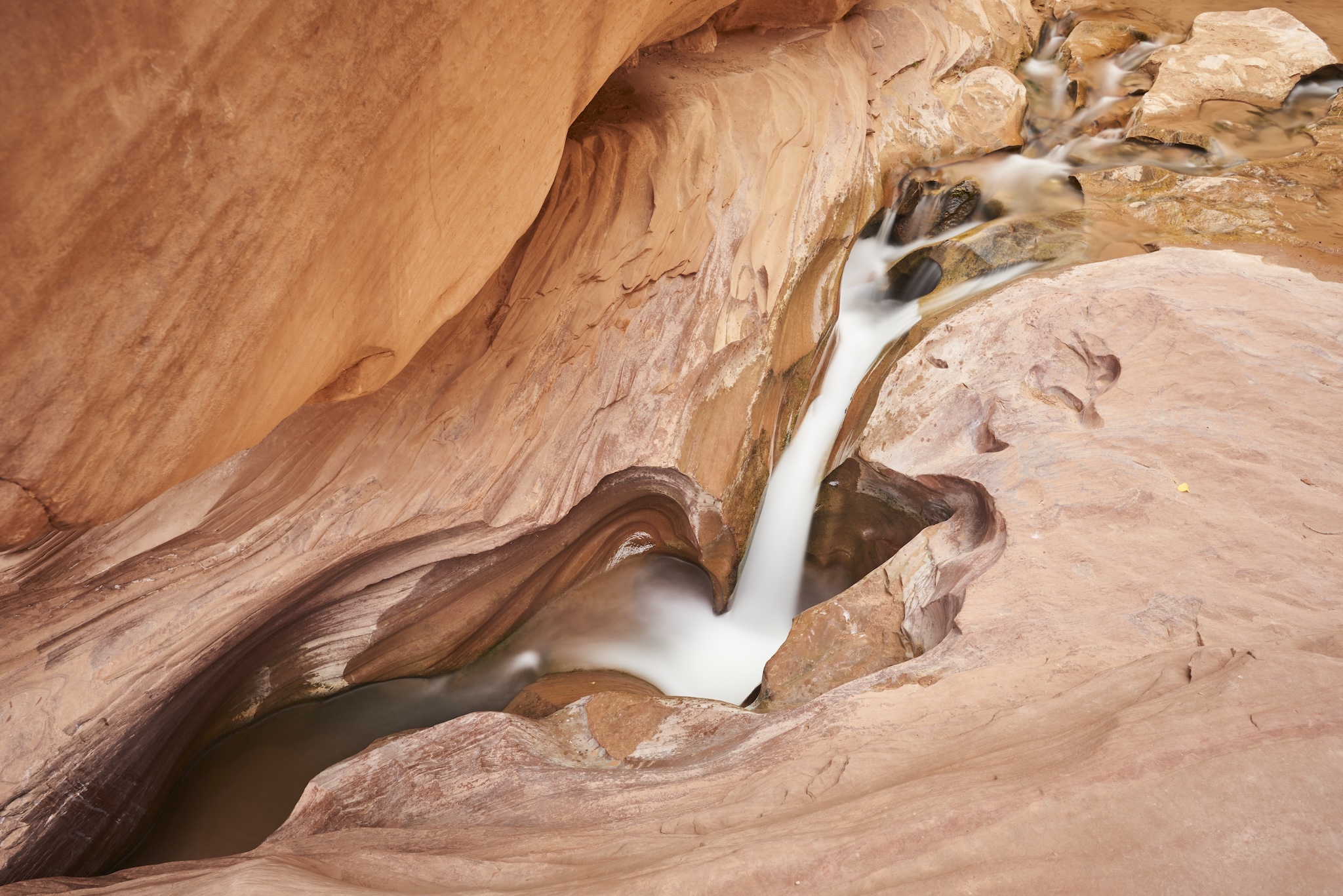
If you end up in a trendy, upscale café on a weekend, chances are you’ve seen and heard the crowds of mostly guys, many of them older, sitting in lycra talking about the morning’s ride. An important part of that conversation revolves around their equipment, sometimes in subtle ways, sometimes not so subtle. One might talk about what gears he used in the sprint or on the climb. Another might talk about the stiffness of his carbon-fiber frame. Another might mention frame geometry. Cycling computers are often topics of conversation. Somebody inevitably brings up a recent review of equipment or an article about some professional’s Tour de France bike. None of this talk improves anybody’s cycling skills or fitness. So from the perspective of getting better, it’s useless. However, a significant part of their enjoyment, it seems, comes not from riding but from sitting around and talking about their bikes.
Photographers seem to share this need to draw attention to their equipment. References to camera, lens, settings recall the cyclists talking about their gear choices for a climb. It doesn’t matter. You made it (or didn’t) to the top of the climb, just as you took the picture (or didn’t). What matters in cycling is: Did you make it to the top of the climb as quickly as you wanted? If so, great. If not, go ride more. In photography, what matters is: Did you get the picture you wanted? If so, great. If not, go take more pictures. And yet, in both the collection of photographs and the book on improving your photographic skills, captions include the location, year, camera body, the lens, the aperture, the shutter speed, and the ISO. None of that should matter, either for the viewer or the student.
At some level I think photographers know that their equipment and settings don’t matter. After drawing attention to their equipment, they rarely even try to explain how it has affected their photographs. Even the author/photographer of the book on improving your photographic skills never refers to the camera and settings. I would expect an “educator” to explain the relevance of such information, were it, in fact, relevant. I would love to see how the camera body mattered, as if it were a choice he or any photographer would make before taking any given photograph. Imagine the photographer who sees an interesting scene, then thinks: Would this be better shot with a Canon 5D mk II or a Fuji X-T2 or a Nikon D810. I would also love to see that photographer in the wild, digging through a massive bag of gear that included different bodies and different sets of lenses and perhaps flashes. No, the camera doesn’t matter. This educator, like most of us, probably grabbed whatever camera he was using that year or on that trip, i.e., the camera he had with him. Nothing more.
To be clear, I think we all find find equipment that for some personal reason we enjoy using. And because we enjoy using that equipment, it might help us realize our creative projects or help us become better photographers (if that’s our goal). Just as the old guys in lycra at the café don’t become better cyclists by talking about their bicycles, we don’t become better photographers by talking about our cameras.
